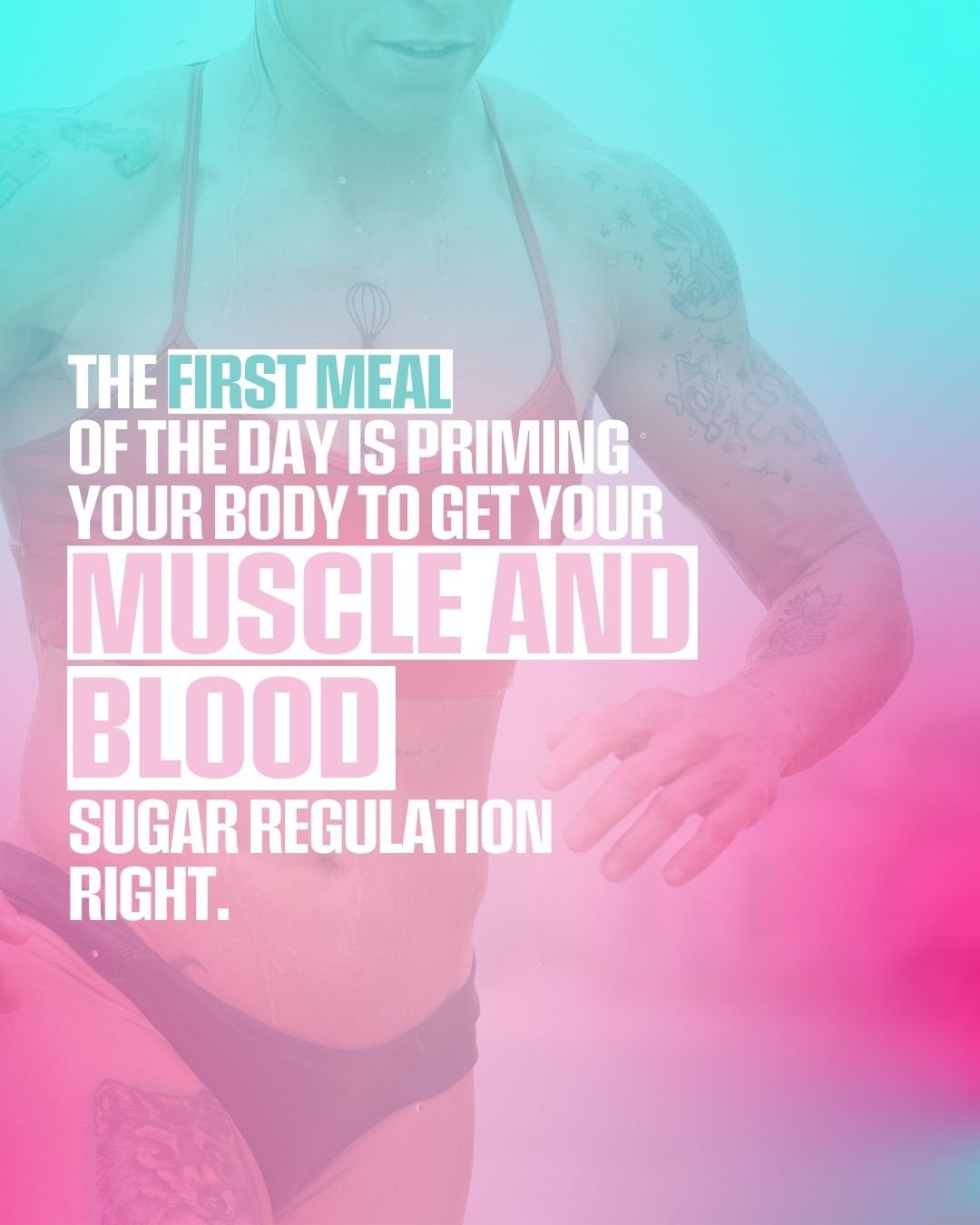
Is Dietary Cholesterol Good For Your Health?
High cholesterol levels have always been a significant concern for people as it has always been associated with heart diseases. People have always believed that dietary cholesterol in foods is the leading cause of several cardiovascular problems and elevated cholesterol levels in the blood. However, today's research opposes this fact and states that you don't need to worry about eating high-cholesterol foods.
Many professionals state that food rich in cholesterol, such as eggs, does not affect cholesterol levels in your blood. However, a person should avoid cholesterol-rich foods if suffering from health problems. But the question "is dietary cholesterol good for your health?" remains. Fret not; we have covered detailed information regarding dietary cholesterol and its contribution to heart diseases and blood cholesterol levels if any. (1)
What Is Cholesterol?
Cholesterol is a class of lipids having a waxy, fat-like texture that occurs naturally in every cell of your body. You might have heard cholesterol causes several health conditions; however, it is essential to make hormones, vitamins, and other substances required for proper body functioning. So ultimately, cholesterol is necessary for survival.
Your body makes all the cholesterol you need for functioning; however, it also absorbs small amounts from external sources such as meat, eggs, and dairy products.
How Is Cholesterol Associated With Lipoproteins?
Generally, when people talk about cholesterol-causing health conditions, they speak about lipoproteins. They are the structures made up of proteins on the outside and fats on the inside—Lipoproteins transport cholesterol in the bloodstream. Lipoproteins are divided into several categories; however, two are primarily associated with health hazards related to the heart and several other body organs. They include high-density lipoproteins (HDL) and low-density lipoproteins (LDL). (3)
What Are High-Density Lipoproteins (HDL)?
High-density lipoproteins are often referred to as good cholesterol because they lower the risk of heart disease and resist the accumulation of plaque in your arteries. Usually, HDL carries excess cholesterol from your body to the liver, where it can be used again or gets removed from your body.
What Are Low-Density Lipoproteins (LDL)?
Low-density lipoproteins are referred to as bad cholesterol that tends to build up plaque in the arteries. It makes up about 60-70% of your body's lipoproteins and carries cholesterol throughout your body. Since LDL carries a lot of cholesterol particles, there is a greater risk of heart disease. The higher the level of cholesterol, the greater the risk.
LDL is divided into different categories, such as small, dense, and large Low-density lipoproteins. Studies show that smaller LDL particles are more likely to cause diseases than larger ones. However, the number of low-density lipoproteins is what matters the most. This is called the LDL particle number. The higher the particle number, the more likely it is to develop heart disease.
What Is The Effect Of Dietary Cholesterol On Blood Cholesterol?
There is a massive difference between the amount of cholesterol in your blood and the cholesterol in your diet. Usually, we think that the cholesterol we are taking in our diet will raise blood cholesterol levels that become the cause of different diseases. However, that's not the case. (2)
Our body strictly keeps a perfect balance in the amount of cholesterol by controlling its production. When you eat large amounts of cholesterol, your body will automatically produce less cholesterol to maintain perfect balance. Similarly, when you take less cholesterol in your diet, your body will produce more in the blood. This continuous regulation doesn't let dietary cholesterol have a harmful influence on your body.
However, some people do get their blood cholesterol levels increased by the heavy intake of dietary cholesterol, and this problem is considered genetic. These people are known as "hyper responders" and comprise 40% of the total population. Because even if dietary cholesterol increases low-density lipoproteins in the body of hyper responders, it doesn't seem to strengthen the risk of heart diseases.
The main reason is that the increase in LDL is often referred to as an increase in large-sized particles at their lowest risk of causing heart diseases. On the other hand, hyper responders are also likely to have an increased rate of HDL particles which balances the increase in LDL particles by delivering excess cholesterol back to the liver to eliminate them from the body.
So even when these people have a heavy cholesterol intake in their diets, LDL and HDL proportions stay the same without triggering any risk of heart disease. However, there are always exceptions, and some people get to see harmful effects by taking cholesterol-rich foods.
What Are The Ways To Reduce High Blood Cholesterol?
If you face high blood cholesterol, just a bit of change in your lifestyle can help you regulate the cholesterol levels in your blood. For instance, regular work out and losing unhealthy weight can effectively combat high cholesterol levels. Several studies show that people with excess weight are more prone to heart diseases with an increased rate of cholesterol. So, losing 5-10% of body weight can lower unhealthy cholesterol.
Many foods such as legumes, avocados, vegetables, fruits, and nuts also help reduce blood cholesterol.
Conclusion
I hope this article has helped give you a detailed insight into dietary cholesterol and its role. People with high blood cholesterol levels are at higher risk of developing heart diseases. However, dietary cholesterol doesn't influence blood cholesterol levels in most people. So, ultimately, there is not any association between the cholesterol you take in your diet and an increased risk of heart disease.


